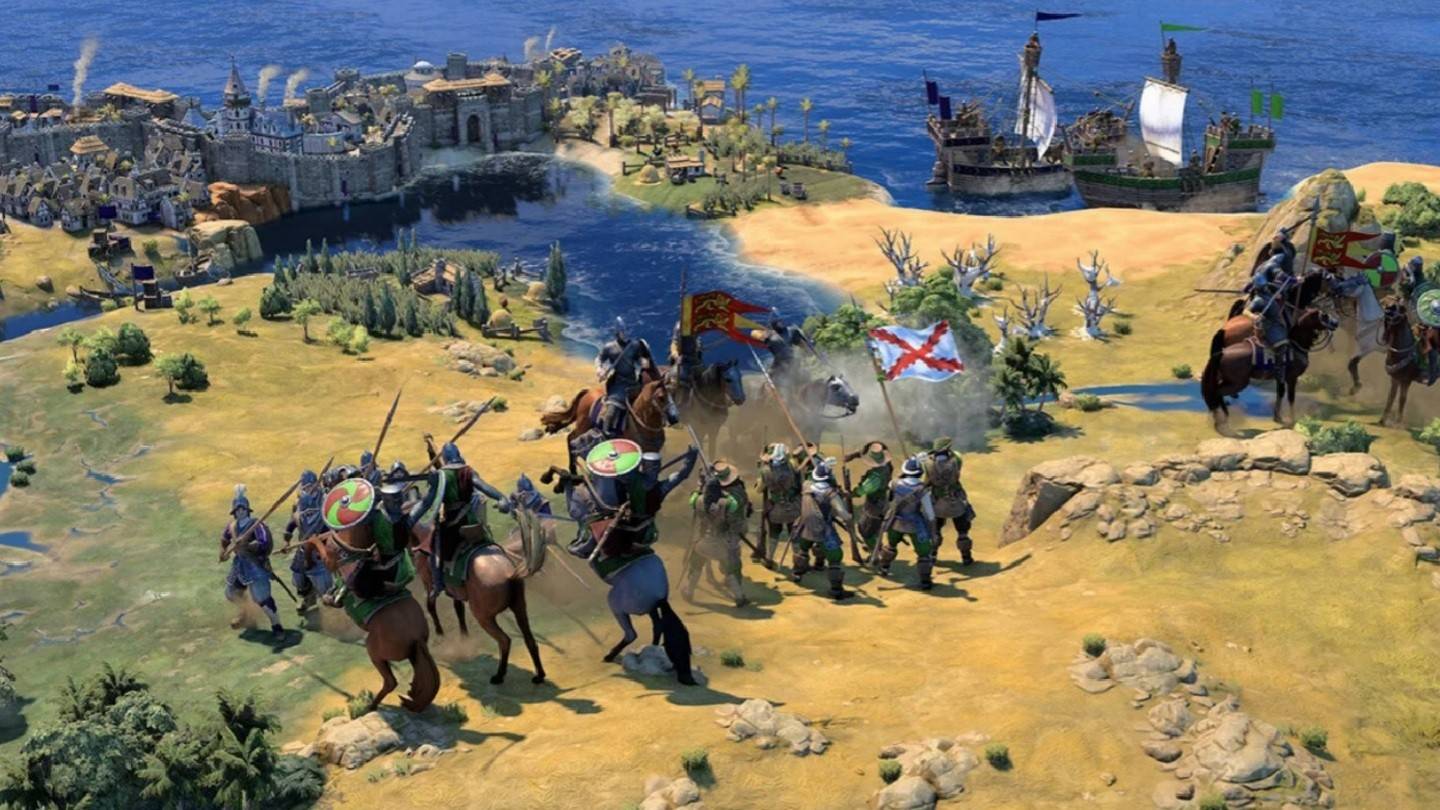
Sid Meier's Civilization VII initially faced criticism for its bold changes showcased during its first gameplay demonstration. However, final previews from journalists suggest that these innovations will prove to be profound and satisfying for strategy game enthusiasts.
The seventh installment in the series "shakes up" traditional gameplay by integrating a variety of new mechanics. One standout feature is the leader selection screen, which introduces a system where frequently used leaders by the player can unlock unique bonuses. Additionally, the game spans multiple eras, including Antiquity and Modernity, allowing for "isolated" gameplay within each period.
Key Features of Civilization VII
- The game introduces numerous mechanics that are new to the series, enhancing the overall gameplay experience.
- Players can now choose leaders independently of civilizations, adding a new layer of depth and strategy.
- Three distinct eras are available: Antiquity, Medieval, and Modern, with each era offering a unique gameplay feel akin to starting a new game.
- Civilization VII offers the flexibility to swiftly alter the direction of your civilization, making gameplay more dynamic.
- The traditional laborers are replaced; cities now automatically expand, simplifying city management.
- Leaders gain unique perks that unlock as you continue to play with them, encouraging long-term engagement with different leaders.
- Diplomacy has been revamped into a "currency" system, where influence points are crucial for forming treaties, alliances, and condemning other leaders.
- Despite the game's innovations, the AI performance remains a weak point, suggesting that co-op play might be a better option for a more enjoyable experience.
Gamers and critics alike view Civilization VII as the most daring attempt yet to reinvent the classic formula of the series, promising a fresh and exciting experience for strategy fans.















